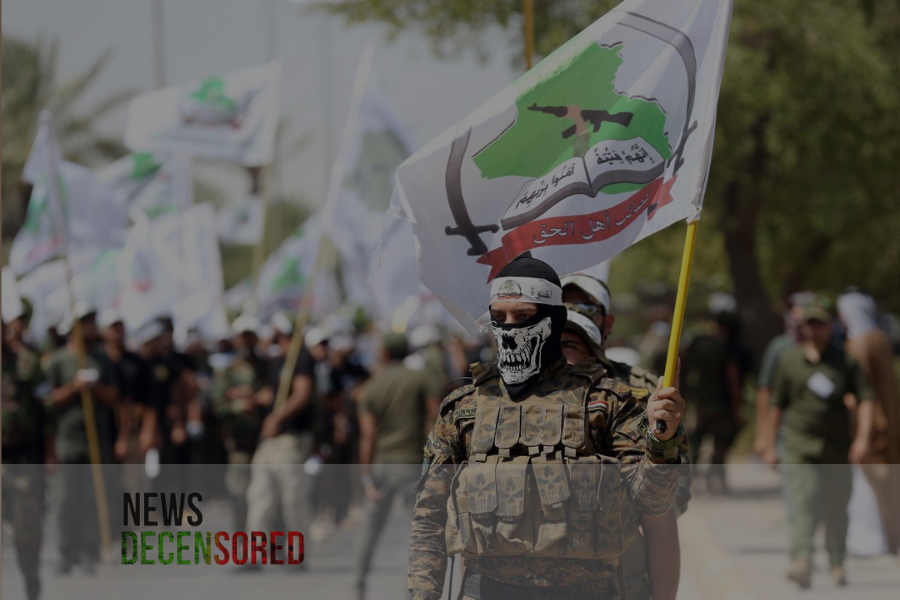July 3 – Fearful acts of aggression in Gaza and brewing tension in Lebanon, militant groups in the terrorized Iraq have declared themselves prepared for war against Israel and the United States.
An officer of the Iraqi Islamic Resistance, who preferred to speak with AFP on condition of anonymity, said that in case of a large-scale war in Lebanon, the policy would be escalation for escalation. He said that the Iran-backed group had sent ‘‘experts and advisers’’ to Lebanon, stressing preparation for the future given the circumstances in the region.
Other opponents of Hezbollah, such as the Iraqi political scientist Ali Al-Baidar, also pointed out the same idea, asserting that a large-scale war involving the organization in Lebanon will always extend to other countries. “Iraqi and regional armed formations would certainly plunge into the confrontation,” he added, explaining why groups are eager to prove their loyalty to their partners and their fighting potential.
The fresh, intense conflict in Gaza, led by Hamas that escalated after the group attacked southern Israel, has received support from several Axis of resistance members that are backed by Iran.
Iraq’s Islamic Resistance has previously taken credit for drone attacks on Israeli assets, which it has always followed the Yemeni Houthi narrative. However, these aerial attacks were admitted by the Israeli military force, but the interceptions accomplished have not been described regarding the assailants.
Earlier, the so-called Islamic Resistance in Iraq, which is an international organization, has been involved in many strikes against the US forces, mainly in the operation against jihadists. The threats by the group through the Coordination of the Iraqi Resistance on Sunday affirmed vowed to intensify attacks on Israel and extend operations in the region to target American interests.
This makes analysts such as Tamer Badawi consider that even coordinated actions between Iraqi groups and their allies symbolize a lot. Thus, he claims such actions strengthen the vision of a united front against common enemies regardless of the physical locations between these formations.
Still, Hezbollah’s leader, Hassan Nasrallah, said Lebanon has enough resources to guarantee its defense and does not need any more foreign reinforcements. To that end, he locates conflict management in internal competencies, playing down on external scaffolds.
The shifting relations present risks to the region’s stability and possibly the broader Middle East context. As the conflict continues and parties occupy their positions and make moves, the probability of actions spiraling out of control is still high.
The United States, which still has troops in both Iraq and Syria, warned against moves that could worsen the situation in the region. In the same development, a State Department spokesperson has reaffirmed assurance of safeguarding the American personnel alongside the condemnation of any Iranian proxy group’s unapproved attacks.
During such changes, the region prepares for fluctuations in the structure of military forces, which illustrates how delicate the distribution of forces is and the problem of fighting on multiple fronts in the Middle East.















